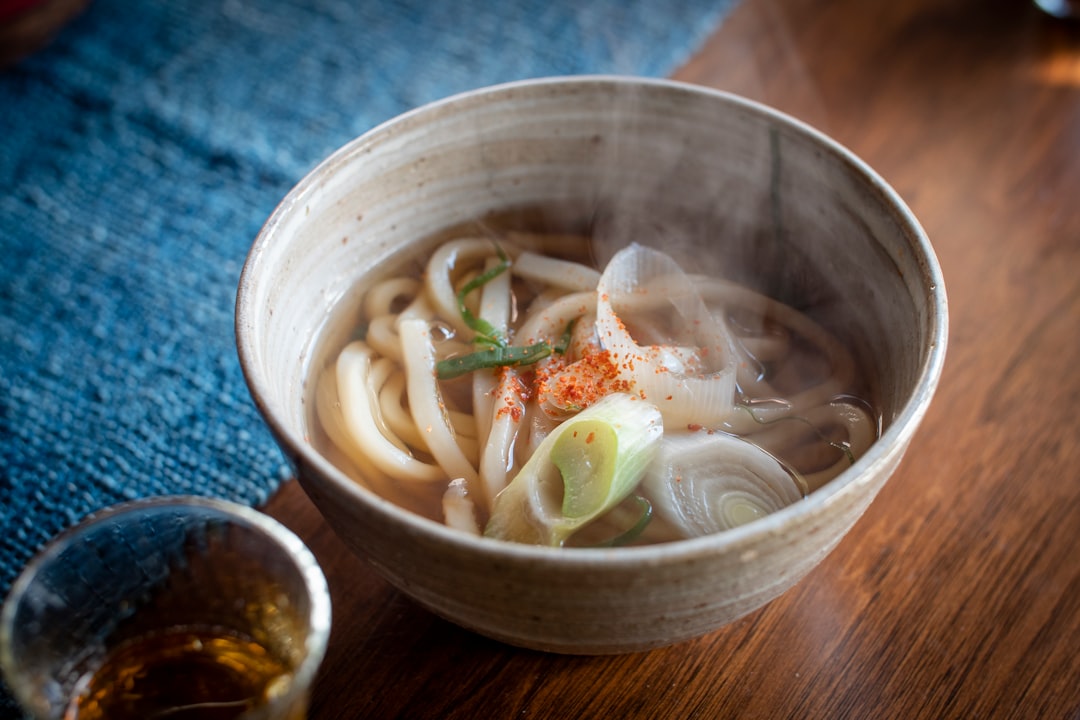A study was done in 2002 that showed that Virgin Olive Oil might help to protect the human immune system from cancer.
The study involved 16 healthy people. The purpose of the study was to see if virgin olive oil would have any benefit on cholesterol.

The people were told to not eat foods or drinks containing phenol during the study. The reason they did this was because phenol has been linked to raises cholesterol levels.
So, people were told to not eat foods or drinks containing phenol, and were also told to limit their alcohol intake.
However, the study did not show a significant difference in the participants’ cholesterol levels.
Some studies do show positive data about olive oil’s ability to lower cholesterol. These studies showed that it could lower cholesterol by as much as 10% in the obese population.
Now, understanding that certain foods have shown benefits for our health is important, but too many people are taking these benefits for granted.
You should not assume that eating phenol-rich foods is a complete immunity against cancer. But, the study does add to the body of work linking olive oil to fighting cancer.
As to whether or not phenol should be labeled a vegetable or fruit, the United States Department of Agriculture (USDA) has no official position on the classification. But, they do have a position that is supported by studies.
As far as the studies go, there were more than 3,100 participants in the study. They were asked to avoid foods and drinks containing phenol for a few weeks. Then, they were given bread or a sweetened diet beverage, and were asked to eat as much as they wanted to the next day.
What happened? Did the people who ate phenol react as though they were immune compromised? No. But, there was an increase in “good” bacteria, anyway.
When the study was finished, the researchers found that the participants who ate phenol had a somewhat increased “good” bacteria count, compared to the other group.
Why, then, should you eat phenol-rich foods? Because their health benefits are unknown, but there is some evidence that olive oil might help prevent certain cancers. There is also evidence that might explain how olive oil benefits health.
— Dietary fiber: phenols and some other antioxidants are present in olive oil, fiber-rich foods, and one study showed that fiber in the diet inhibits the reproduction of harmful bacteria.
— Antioxidants: phenols and other antioxidants are present in olive oil, fiber-rich foods, and one study showed that fiber in the diet inhibits the reproduction of harmful bacteria.
— Fiber may also lower blood cholesterol levels and may lowering the risk of colon cancer.
— at least 16 studies published over the years have provided evidence that olive oil, eaten either raw or cooked is associated with a much lower risk of coronary heart disease.
— olive oil contains a high amount of phenols, vitamins A and C and quite a few other compounds that researchers think are healthy for health.
— olive oil contains more Vitamin E than other foods.
— olive oil is highly rich in chlorogenic acid, a compound that can be used as an ingredient to produce more chlorinated pesticides.
— olive oil has been shown to inhibit the growth of some bacteria and is a good antiseptic.
— in Sicily the residents rub the garlic leaves on scabies and burns.
— the pits of the heart are believed to be filled with phenolitson ec pardinand it is said that this oil can prevent heart disease.
— in France cloves are harvested during theherry season.
— in Greensboro ten flowers are blazed on the first Saturday of November and everyone is expected to make a wish. Want to wish for a happy and healthy life? Don’t buy a wish. Make one instead: I wish for a long and happy life!
–áfor dinner: the color green makes a good background for the Otherros saladbecause it’s color can Pete See Packets.
–for lunch: try cranberries, blueberries, and blackberries on Portobello mushrooms.
–for dinner: use peas, pumpkin, and sunflower seeds in a salad.
Going Beyond Brussels
While Brussels sprouts are definitely the most popular European vegetable, they are not the only popular vegetable in Europe.
Other vegetables such as cabbage, chervil, kale, parsley, brussel sprouts, turnip greens, summer squash, potassium add, and abalone are also popular in other parts of the world.
One of the favorite Mediterranean dishes is melintzucchini. However, even though it has a delicious taste, its texture is not very pleasant.
The best Mediterranean dish is by far tajines.


